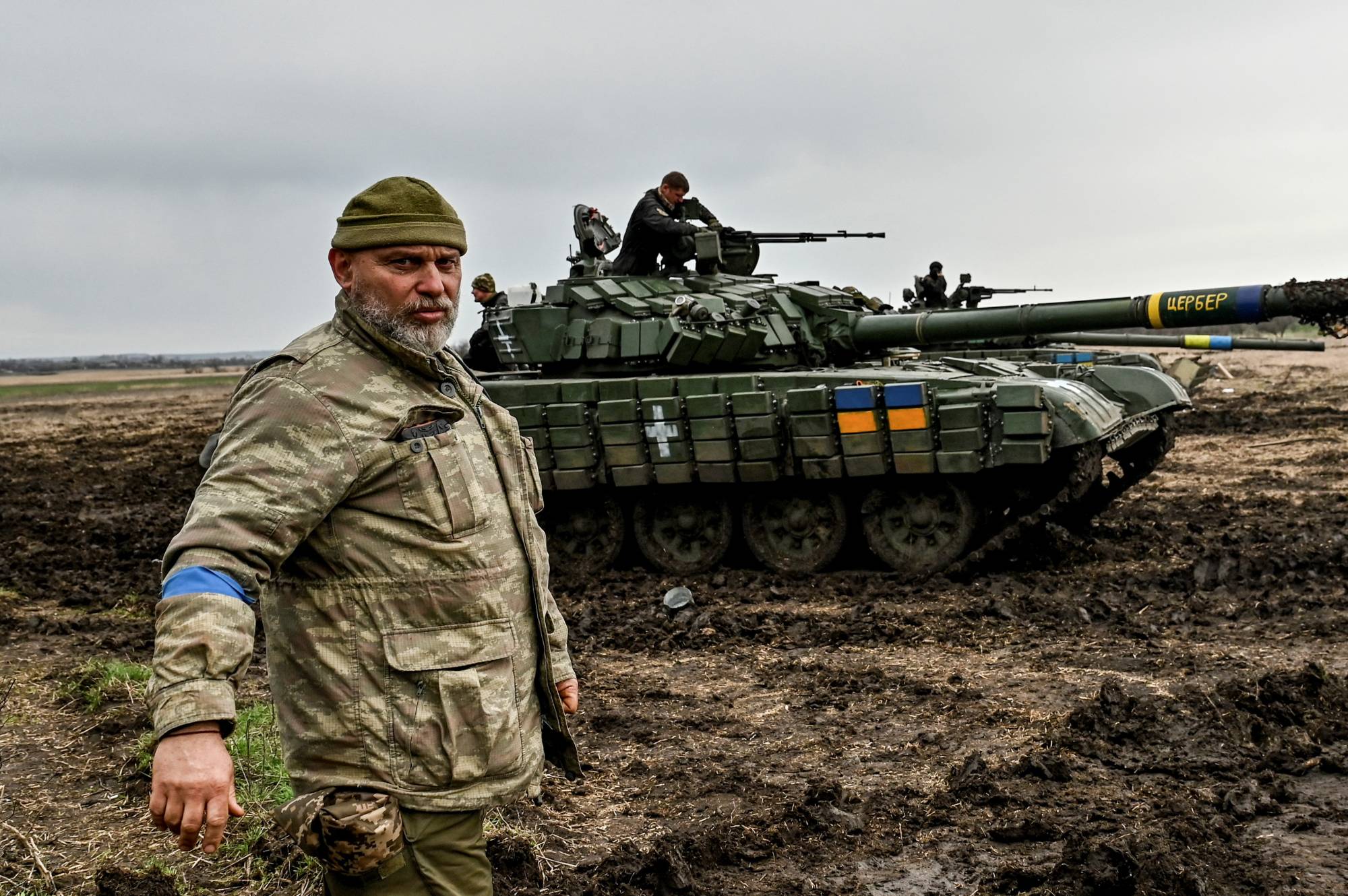I’m trying hard to stay optimistic about Ukraine’s imminent spring offensive against the Russian invaders. But the recent news flow, though ambiguous, raises concerns.
How strong are the Ukrainians, really, and will the Russians be able to exploit their weaknesses? And how cohesive is the alliance of Kyiv’s supporters? If the Ukrainians can’t break the stalemate soon, will their friends start drifting off?
Only a couple of months ago, the outlook seemed better. Ukraine had scored dramatic tactical victories and dug in for a hard winter. Then Germany, the U.K., Poland, the U.S. and other allies decided to send heavy battle tanks in preparation for spring. Some of those, including the first batch of German-made Leopard 2s, have now arrived at the front. Thus equipped, the Ukrainians should — right about now — be able to turn a static war of attrition into a kinetic war of reconquest, it was hoped.


















With your current subscription plan you can comment on stories. However, before writing your first comment, please create a display name in the Profile section of your subscriber account page.